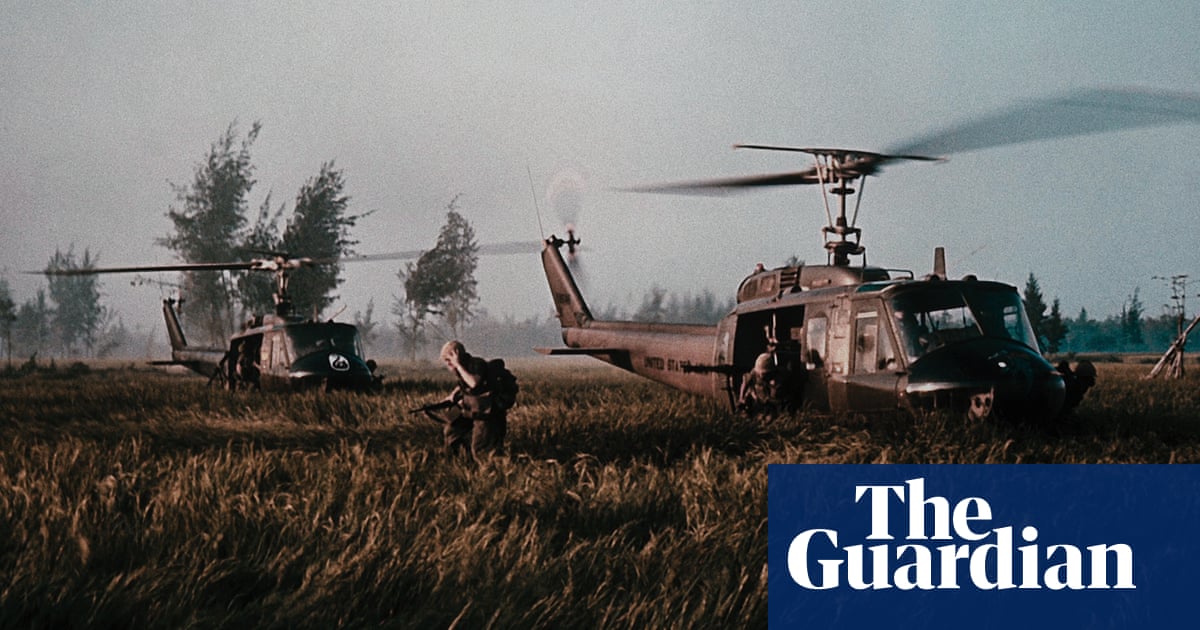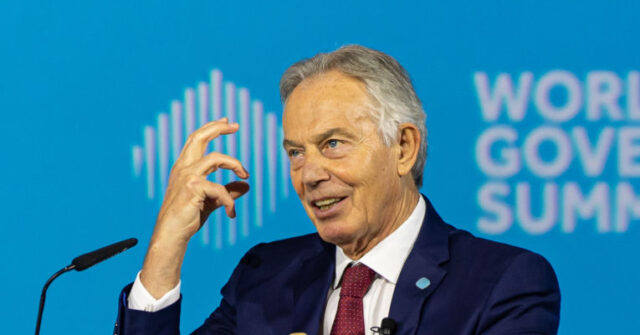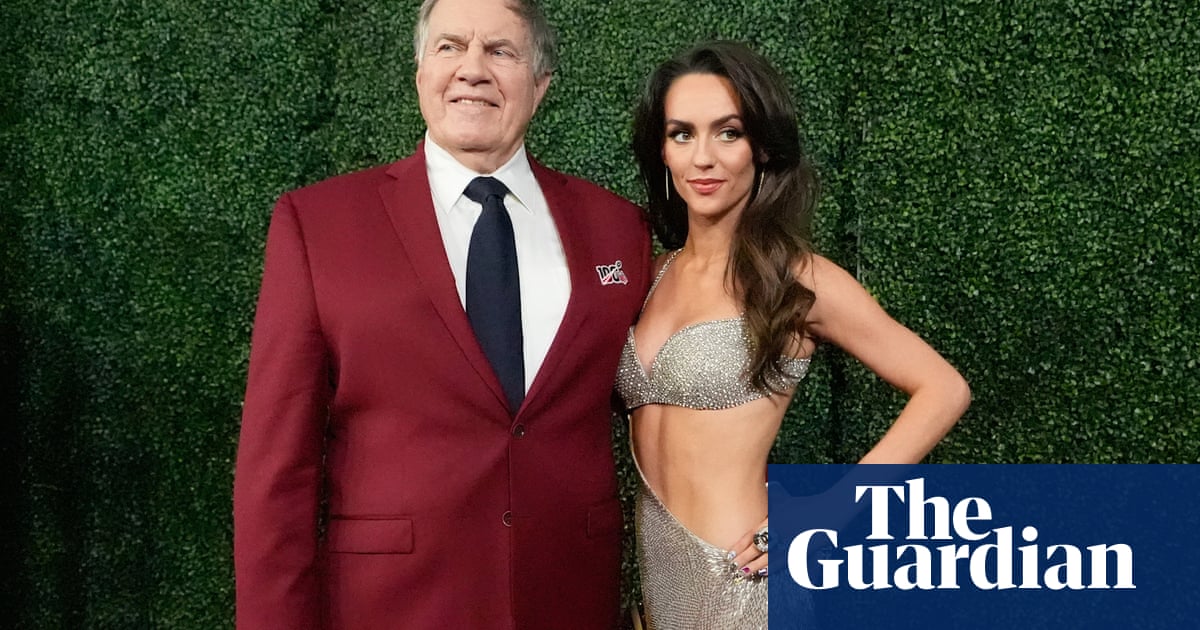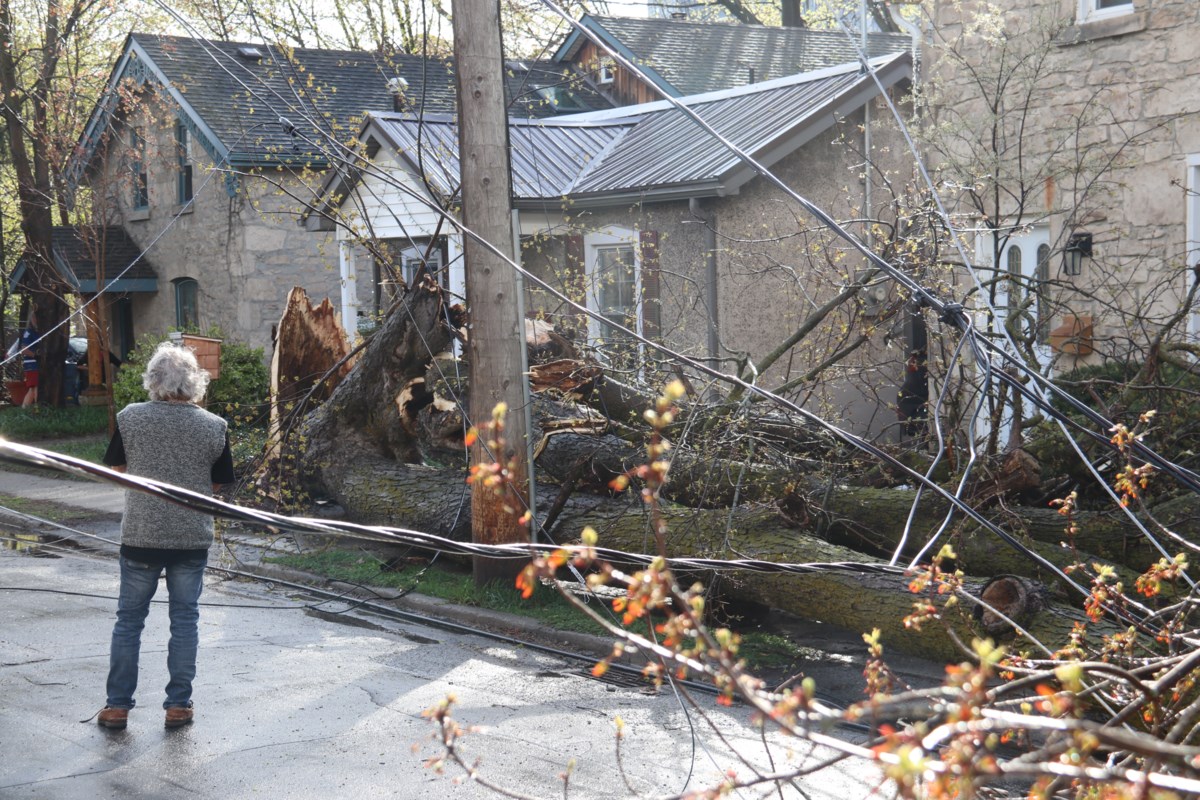‘Still an open wound’: damning docuseries revisits Vietnam war 50 years on

This Wednesday, 30 April, marks a full half century since the fall of Saigon. The takeover of the South Vietnamese capital, renamed Ho Chi Minh City, by North Vietnamese forces reunited a country riven by a decades-long civil war that killed more than 3 million civilians – a triumph of one vision of Vietnam’s future at the violent expense of another, with many caught perilously in between. For the US, the fall of Saigon was an indisputable humiliation and the end to what was then its longest war, one that killed over 58,000 servicemen, divided a nation and has only grown more ignominious with time. Fifty years on, the picture is clear: the Americanization of the Vietnam War was an unfathomably costly, poorly run, incomprehensibly horrific folly based on political lies and dubious intelligence. It is taught as a brief but upsetting chapter in American schools – if it’s taught at all. But as outlined in Turning Point: The Vietnam War, a sweeping new Netflix series on the conflict and its long, dark shadow, the war left an indelible mark on the American psyche that’s still festering today. “The America that existed before the United States engaged militarily in Vietnam was a radically different country than the America that emerged after our troops came home,” said director Brian Knappenberger. “That new America that emerged from this conflict contained the roots of a lot of what plagues our society today – widespread alienation, deep cynicism, profound distrust in government, a breakdown of our civic institutions.” That cynicism emerged largely from the yawning disconnect between what the government under John F Kennedy, Lyndon Johnson, Richard Nixon and Gerald Ford said was happening, and what Americans learned was happening through the news, the experience of their loved ones, or the absence of loves ones who never returned home. In the US, belief in the armed forces went from sacrosanct to curdled; one’s view of the conflict depended on who you listened to. “There’s history in the sense of facts. But there’s also history as stories, as narratives,” says historian and writer Viet Thanh Nguyen in the first episode of the series. Nguyen’s acclaimed 2015 novel The Sympathizer, which traces a North Vietnamese mole’s mutable loyalties over many years, opens during the cataclysmic – or, depending on who you talk to, triumphant – fall of Saigon; as a South Vietnamese refugee in America, Nguyen says, he was aware how “in both of these countries, there are deeply conflicting histories. That’s part of what led to the war in Vietnam”. In five roughly 80-minute chapters, Knappenberger’s series delves into those histories, layering subjective narrative – among them, the steadfast binary of communism v democracy that undergirded US involvement and the lionization of Ho Chi Minh in the North – over a clear timeline of events. Knappenberger also directed Turning Point entries on the Cold War and the War on Terror, two conflicts inextricable from America’s war in Vietnam; as in those shows, the Vietnam War proceeds chronologically, covering four US presidential administrations starting with John F Kennedy, who initially escalated US military involvement in South Vietnam under the guise of “advising” their military against real and perceived Communist encroachment from the North. The conflict in Vietnam marked not just a sea change in America’s role on the world stage, but in how war was documented. The series relies extensively on archival footage from CBS, one of the preeminent US journalism outlets on the ground in Vietnam, whose reporters were responsible for some of the largest breaks with the US military’s party line. For viewers now and then, the footage “brings us much closer to the reality of what’s happening in a way that people found very, very shocking”, said Knappenberger. From interviews with US grunts openly questioning why they’re fighting, to graphic images of women and children massacred by US soldiers at My Lai, to mass graves in Hue following the brutal North Vietnamese Tet Offensive, the American public was inundated with the horrific reality of war with a revolutionary, chilling closeness. The series also provides stunning proximity to the thinking of American presidents, owing to their seemingly naive recording of all Oval Office meetings and phone calls. Knappenberger and his team sorted through hundreds of hours of these tapes, from Kennedy through Nixon, which reveal how the war “was often fought for political reasons, and that a lot of the decisions around what to do in Vietnam – particularly the peace process – were really being driven by electoral politics in the United States”, said Knappenberger. As later revealed in the Pentagon Papers, American officials knew by 1967 that the US would never decisively “win” against the North Vietnamese and the People’s Liberation Movement, colloquially known as the Viet Cong, and misled the public to continue anyway. “Nobody wanted to be the president who lost Vietnam,” said Knappenberger, “and often that took priority over Vietnamese and Americans dying in a conflict that was never going to resolve the way the United States wanted it to resolve.” View image in fullscreen Photograph: Netflix The toll of that conflict, for civilians and soldiers, fighters and protesters alike, is made clear through an impressive assemblage of interviews, including numerous Vietnamese participants from various factions of the civil conflict. “So often the events of this war are told from the American perspective only,” said Knappenberger. “But in Vietnam, it’s important to remember that this was very much a civil war as much as anything else. The understanding of these events can’t be separated from the fact that there are two different parts of this country who had very, very different visions of what their future might be.” Those visions splintered along overlapping, confounding lines – Viet Cong volunteers, over 70% of whom were women, who experienced brutality from the South Vietnamese government and/or US soldiers; South Vietnamese loyalists who believed in democracy in some form; soldiers from both the North and South haunted by violence; everyday citizens from both sides pulled into the war; millions of refugees to the US, Canada and other countries. Knappenberger, whose father served in Vietnam, also takes time for the various experiences of US veterans, many of whom were drafted into the conflict unwillingly or experienced profound disillusionment when faced with evidence of the war’s folly. It is true, as the series recounts in nauseating detail, that the US committed many atrocities in Vietnam – “you just hunt for people and you kill them. And you kill them any way you want”, Scott Camil, a US soldier who later led Vietnam Veterans Against the War, recalls of the mindset encouraged by US military leaders in Vietnam. Camil’s testimony before Congress inspired Graham Nash’s song Oh! Camil (The Winter Soldier). It is also true that the war was hell, and public sentiment against it or outright contempt for veterans alienated many men traumatized by their experience. “It’s just clear that this war is still an open wound of pain and trauma for so many people,” said Knappenberger. The Vietnam War offers clear lessons of American fallibility and hubris, the intractability of political conflict, the risks of an unscrupulous, coercive and unforthcoming executive branch as exemplified by Nixon, the profound waste that is war. And yet, as the series explicitly points out, the US has repeated many of the same mistakes. Footage of campus protests in the 1960s mirror those today calling for an end to US military support of Israel’s war in Gaza, which has again destroyed the lives of too many innocent civilians. Footage of the fall of Saigon eerily foreshadows the same scene in Kabul 46 years later, when the US withdrew from 20 years of counter-insurgency in Afghanistan in a hellish drama of chaos, devastation and broken promises. Then and now, “you just have this growing sense of who are we as a country?” said Knappenberger. “What is our role in terms of using our military around the world? And why didn’t we learn? Are we the United States of amnesia?” The series exists, in part, to re-contextualize memories of Vietnam for those who lived through it. And, in part, to inform those who know little about it yet grew up in a country shaped by the conflict. “I hope that plenty of people who were born way after these events see something of our times and of relevance here,” said Knappenberger. “That they can understand, and can inform their lives and decisions, as younger and younger people end up continuing this human drama, as the story goes on.”

















![If Subby is reading this correctly a private company found her car with her remains inside and then those remains were identified through DNA by a private lab while the police may or may not be investigating anything [Murica]](https://usrimg-850.fark.net/L/Lu/fark_LuAP5l3kJ7Dhg3OWOiIuEjKdZx0.png?AWSAccessKeyId=JO3ELGV4BGLFW7Y3EZXN&Expires=1746417600&Signature=yNgcruxrTopH47uQcHlQ9cewfhc%3D)
